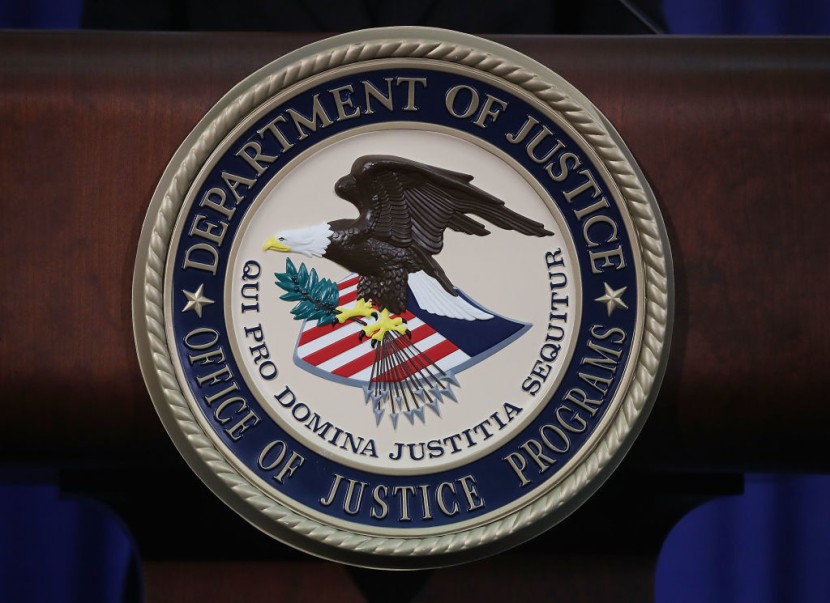
The United States Department of Justice (DOJ) has asked an appeals court to throw out the Trump-appointed special master review of the Mar-a-Lago documents.
The request that was made on Friday is the latest development in the back-and-forth attempt of the DOJ to recover the thousands of documents that former President Donald Trump took from the White House. The records were seized by the FBI from the Republican businessman's Florida estate.
Request to Remove Special Master
Authorities argued that a federal judge had been wrong to intervene in their investigation into Trump's hoarding of sensitive government documents. The Justice Department wrote in its 53-page brief that it was challenging the legitimacy of the orders made last month by Judge Aileen M. Cannon.
The judge blocked investigators from using the materials and appointed an independent arbiter to review the records to find any that are potentially privileged for Trump's personal property. The DOJ had already succeeded in persuading a panel of the Atlanta-based court to exempt roughly 100 records marked classified from Judge Cannon's ruling, as per the New York Times.
That decision was something that the Supreme Court this week declined to overturn. The DOJ's new filing asked the appeals court to reverse Cannon's order for the remaining roughly 11,000 records.
The filing said that the court has already granted the government's motion to stay that unprecedented order insofar as it relates to the documents bearing classification markings. The court should now reverse the order in its entirety for multiple independent reasons."
According to The Hill, the DOJ argued that the former president failed to demonstrate and Cannon failed to weigh fully each aspect of the legal tests that were necessary before a court can impose limits on a federal investigation.
Read Also : [Watch] Nancy Pelosi Threatens To Hit Donald Trump, Unseen Footage Reveals During Jan. 6 Hearing
Trump's Mar-a-Lago Documents
This includes whether or not officials displayed a "callous disregard" for a person's rights, and whether or not they would be "irreparably injured" by failing to get the return of their property. The former president was unable to justify either of the two conditions, said the department.
The brief also rehashed many of the arguments that the Justice Department first relayed to the district court. This includes that Trump cannot use executive privilege to block the functions of the current executive and that he has no claim to presidential records as his personal property.
However, it also made stronger claims about the need to acquire the records, both classified and unclassified, in order to support its investigation. Justice officials detailed how unclassified records and the way classified records were mixed in with them, is itself evidence.
The department said that the dates on unclassified records may prove highly probative in the government's investigation. The DOJ also referenced Trump's claims that he may have declassified the records, which is not the focus of the investigation, noting that the former president has never actually represented that he declassified any of the records.
The brief added that district courts have no general equitable authorities to superintend federal criminal investigations. The DOJ said that challenges to the government's use of the evidence recovered in a search are resolved through ordinary criminal motions practice, CNN reported.
Related Article : Jan. 6 Hearings: Donald Trump Plans to Talk About 'Corrupt' Election, Nancy Pelosi's Big Mistake Before US Capitol Attack
© 2026 HNGN, All rights reserved. Do not reproduce without permission.








